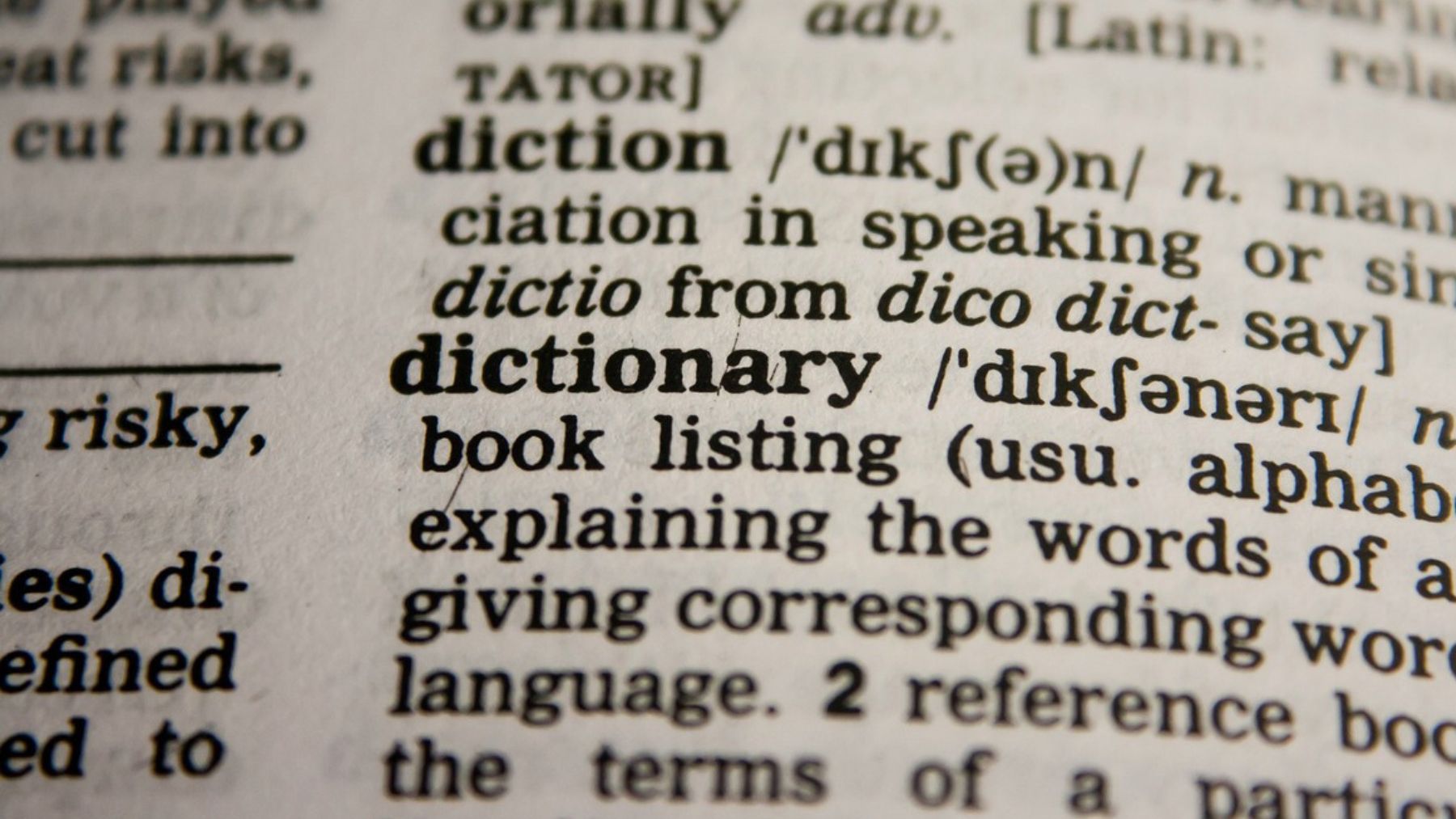Our vocabulary can shape how we see ourselves and the world around us. According to psychologists, the way women speak to themselves can profoundly impact their happiness. Research from leading experts highlights a simple yet powerful change in language that can significantly improve their emotional well-being.
Dr. Vlad Beliavsky, a prominent psychologist and author, explains that certain words carry emotional weight that can either empower or hinder us. Often laden with unrealistic expectations, some terms can trap women in cycles of frustration and self-criticism. Changing this language paves the way for a more compassionate and positive mindset.
Why certain words create a mental trap
Some words in our vocabulary impose rigid expectations on ourselves and others. For instance, common phrases like “I could have done better” or “I need to be more successful” reflect pressures that can feel overwhelming. According to Dr. Beliavsky, these terms often set us up for disappointment because life rarely aligns perfectly with such expectations. This constant mismatch can fuel feelings of guilt and frustration. Social and cultural factors also contribute to this issue.
Women frequently encounter intensified societal pressures starting from a young age. From striving for perfection to meeting unrealistic beauty standards, women are often judged on numerous fronts. These external pressures become internalized, with certain expressions turning into the language of self-criticism.
The effects go beyond mental strain. Studies show that negative language patterns can trigger stress responses in the body, including the release of cortisol, the stress hormone. Over time, this can impact both your mental and physical health, perpetuating a cycle of anxiety and dissatisfaction.
Replacing “should” with empowering language
Psychologists recommend replacing “should” with language that promotes flexibility and self-compassion. For example, instead of saying, “I should have done better”, you might say, “I did my best given the circumstances”. This subtle shift reframes the situation, focusing on effort rather than perceived shortcomings.
Understanding and accepting our limitations is crucial for fostering growth and resilience. Women in demanding roles, in particular, can greatly benefit from letting go of “should” to escape cycles of self-doubt and build confidence.
If you’re ready to leave “should” behind, here are three strategies that can help:
- Acknowledge your achievements: Instead of dwelling on what you “should” have done, celebrate what you’ve accomplished. Keeping a journal to track daily wins can shift your focus to positivity.
- Surround yourself with encouragement: Build a support network of people who uplift you. Positive relationships can reinforce healthier language and thought patterns.
- Practice mindful reflection: Take time to pause and reflect on your goals and progress. Mindfulness exercises can help you stay grounded and appreciate your journey without judgment.
The words we choose have a significant impact on our emotions. They shape our self-perception and affect how we navigate life’s obstacles. By removing “should” from your vocabulary, you can foster a kinder and more flexible mindset. Small language changes in our words can lead to profound transformations in our lives.
